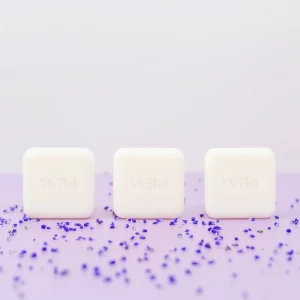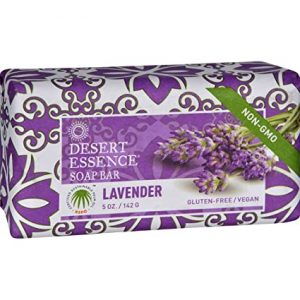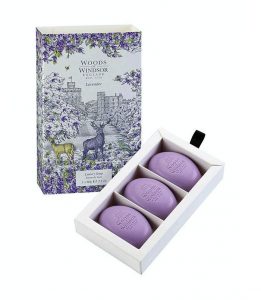Lavender oil has the ability to kill bacteria, which can help to prevent and heal acne breakouts. When you apply it to your skin, it helps to unclog pores and reduces inflammation. For acne treatment, dilute lavender oil in coconut oil or another carrier oil and apply it to your skin after washing your face.
What is lavender soap good for?
Because the lavender plant contains naturally occurring anti-inflammatory and antiseptic properties, it can be used to soothe sunburns and reduce scarring. Because of these characteristics, lavender soap is a highly effective way to reduce skin inflammation and treat skin conditions. Including lavender in your daily hygiene routine can assist you in fighting inflammation on a daily basis.
Total price: £12.00
Can you put lavender in soap?
Fill each of your soap moulds with a pinch of dried lavender and set aside. You’ll then pour the soap base into the moulds and sprinkle a little more dried lavender on top before setting them aside. If you want the lavender to be fully incorporated into the soap, you can use a toothpick to stir it in.
lavender, when applied topically or in soap or hand cream, has been shown to relieve redness and itchiness in people with sensitive skin. Lavender is an antibacterial herb, and those who suffer from acne or eczema can benefit from its antibacterial properties when using lavender soap for acne. This soap can help to reduce acne-causing bacteria on the skin as well as dry skin that is itchy.
As you gently cleanse your skin, you will notice that it has become softer and more fragrant. In order to unclog pores, lavender flowers exfoliate dead skin cells, while Lavender Soap works to rejuvenate and soothe the skin. When used sparingly, the astringent properties of Yarrow Herb can help to reduce excess oils and restore balance to the skin. We hope this article was useful and you found the answers to your questions. To find the most suitable soaps just visit the Wild Natural Deodoran website.











